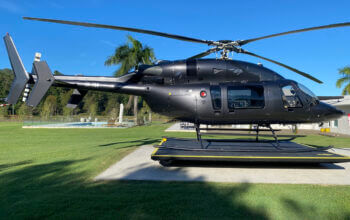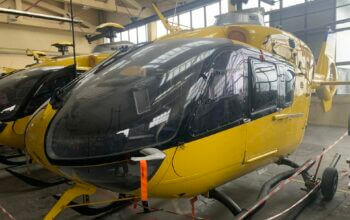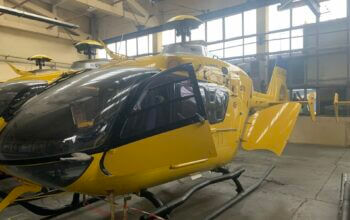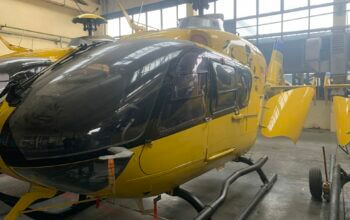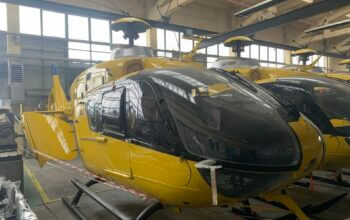Estimated reading time 4 minutes, 12 seconds.
A recent report published by credit rating agency DBRS Morningstar points out that aeronautical fees and tariffs have been on the rise since early 2021 at airports across Canada, which directly affects both passengers and airlines. The Covid-19 pandemic caused the relatively stable airport sector to become quite the opposite, raising concerns about whether the nonprofit nature of airports in Canada is viable.
The report uses Toronto Pearson airport (YYZ) as an example, noting that in early 2021, the airport improvement fee increased from $25 to $30 for departing passengers, and from $2 to $6 for connecting passengers. Two years later, in January 2023, Toronto Pearson raised these fees again by a further $5 and $1, respectively. Moreover, aeronautical tariffs increased by three percent in 2021, three percent in 2022, and four percent in 2023, the DBRS Morningstar report notes.
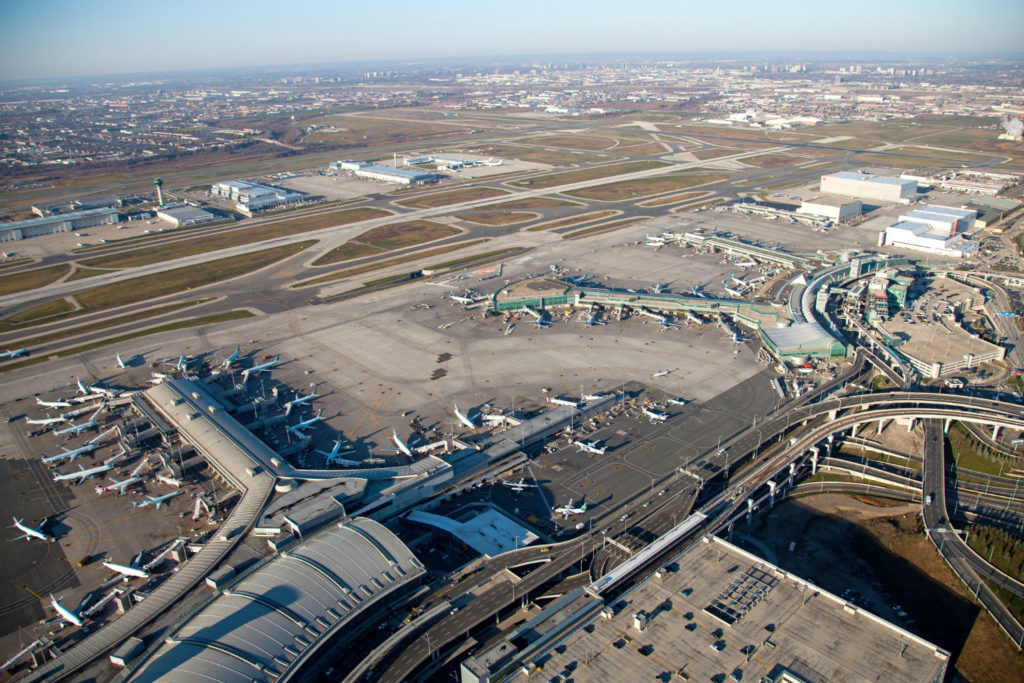
In the past, many Canadian airports have strived to keep aeronautical rates low as a strategy to attract and retain airlines. According to the report, some airports “even froze their aeronautical rates for years and/or set out fixed-fee programs, trying to encourage airlines to add more routes and put more passengers through their facilities” to increase revenues.
During the pandemic, the federal government prioritized providing support to the airline sector “to safeguard financial sustainability/viability,” but did not provide reciprocal support to airport authorities. While the latter group did receive some support through Transport Canada’s Airport Critical Infrastructure Program, which provides $571.2 million in funding over five years, it has not been enough to stop airports from resorting to fee and tariff increases — which “appear to have become a necessary move . . . and probably the only option left to improve cash flows and reignite future growth,” the report states.
In contrast, eligible airports in the United States received significant financial relief from the U.S. government during the pandemic, through various federal stimulus programs. DBRS Morningstar’s report says those U.S. airports were able to “use the funds to pay debt service for their outstanding bonds, provide rent relief to concessionaires, and maintain operations and capital programs” — thus allowing them “to recover faster financially, while continuing to maintain and improve their infrastructure.”
In Canada, the lack of revenues and government subsidies, or other funding sources, during the pandemic caused Canadian airports to collectively add $3.2 billion in debt in order to protect liquidity and existing operations. Not to mention, “operating costs continue to rise because of high inflation, and capital expenditures aren’t getting cheaper either,” DBRS Morningstar said.
Additionally, many Canadian airports were forced to cancel, suspend, or scale back any expansion or rehabilitation projects that may have been in the works prior to the pandemic. But those projects will “have to restart at some point in the future, and at a potentially higher cost,” the report notes.
Ultimately, although increasing aeronautical fees and tariffs have become “necessary” for many Canadian airports, DBRS Morningstar says it could potentially be harmful to the competitiveness of these airports moving forward.
